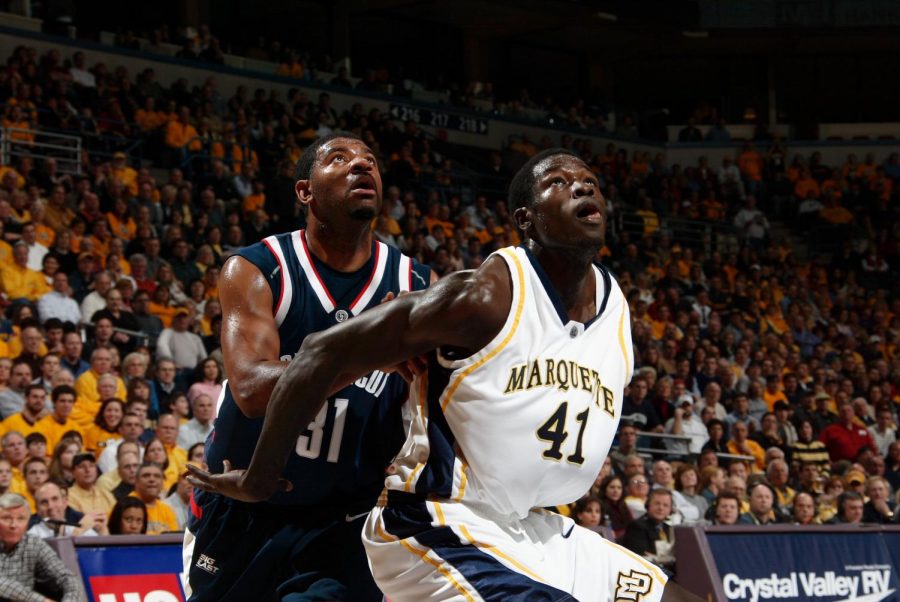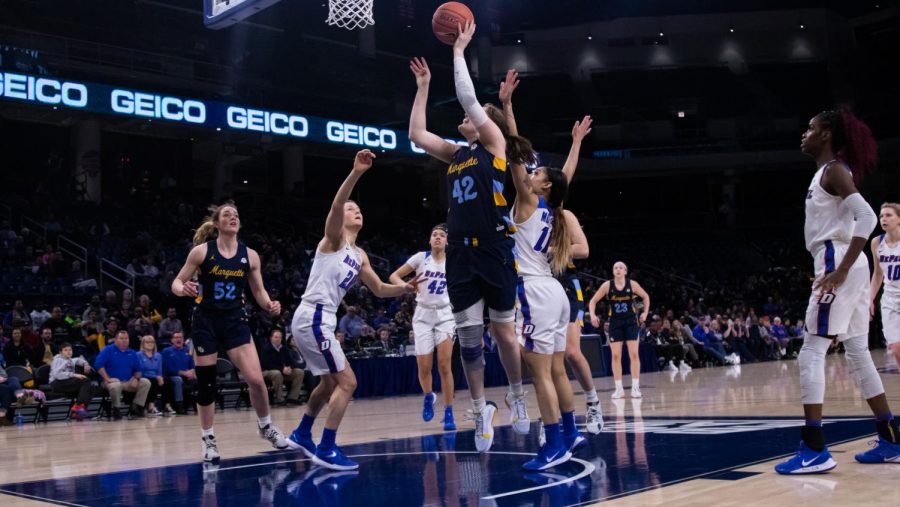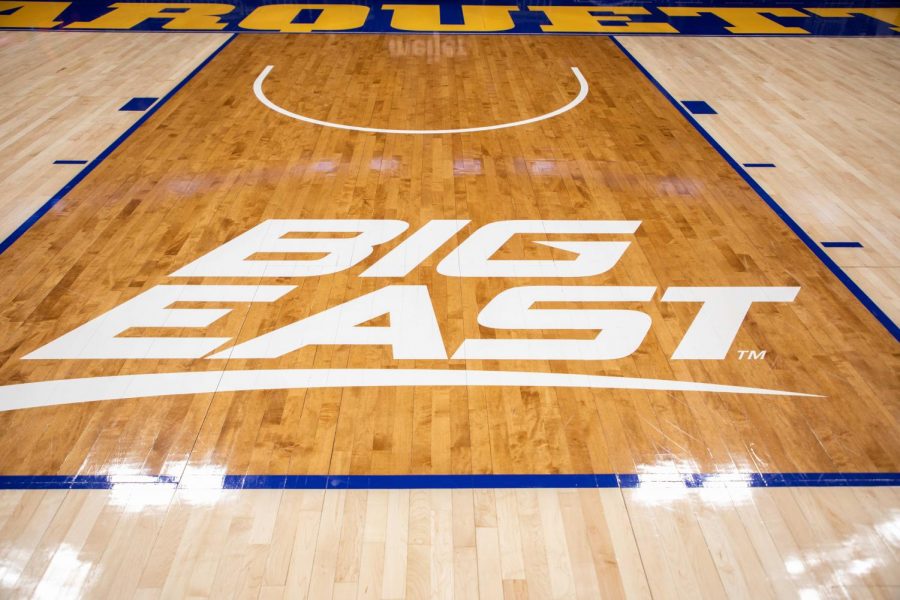I’m not that old, but I’m old enough to remember a simpler time in college athletics.
A time when universities placed more emphasis on academics than wins and losses.
When clergymen like Cecil Newton weren’t allegedly motivated to trying to turn their sons’ athletic abilities into quick, six-figure paydays.
When the FedEx Orange Bowl and the Nokia Sugar Bowl were just the Orange Bowl and the Sugar Bowl. Imagine that.
When TV networks weren’t paying hundreds of millions of dollars for the rights to broadcast collegiate athletic events.
Those days are long gone. More gone than Peyton Manning’s ability to complete passes to his teammates.
The popularity of college football has transformed institutions of higher learning into football factories that barely graduate half their players and fill their heads with delusions of National Football League grandeur. All in the name of profit for universities and conferences.
Not to be denied in the football money grab, the Big East Conference — the traditional stomping ground for college basketball royalty like Georgetown, Connecticut and St. John’s — made a move last week to raise its detestable football profile.
Texas Christian University, better known as TCU, announced that it would join the Big East in all sports starting in the fall of 2012.
Geography aside, the move makes perfect sense for TCU, which has been slighted at every turn by the crooked Bowl Championship Series because it plays in a conference that doesn’t automatically send its champion to the most popular — and most lucrative — bowl games at season’s end.
Adding TCU also works for the conference. Big East football was almost as pathetic as the fact that a losing team from the NFC West could make the NFL playoffs. Almost.
No Big East team finished in the top 25 of the final USA Today coaches’ poll. Connecticut, the 8-4 champs, barely squeaked into the last slot of the Associated Press rankings.
But as famous pet detective Ace Ventura once said, in every contest, there must be a loser.
The losers in this contest are the basketball-only members of the Big East: schools like DePaul and Marquette.
Even founding members like Providence and Seton Hall had to have shifted in their chairs a little when the TCU news came down. I’m not including Notre Dame because it plays football independently and has its own special advantages when it comes to the BCS. So there.
At this point, the drastic step of exuviating basketball-only members remains far off in the future. The Big East had been looking to add basketball members anyway and is administratively capable of doing so, so from that perspective, why not add a school that can play some football, too?
Still, a nine-team football conference is far less than ideal. It’s not out of the realm of possibility that the Big East — like the Big 10 and the Pac-10 — wants to get to the magic number of 12 football members in order to hold a conference championship game to generate even more revenue.
In that case, a 20-team basketball conference would undoubtedly be too unwieldy to function efficiently. And it would be easy to tell schools like ours to hit the old dusty trail.
Not all would be lost in such a scenario. There would be options, though all would be considerably less desirable than simply staying in the best basketball conference in the nation.
Marquette found great success as an independent through the late 1960s and into the 1970s, though these days, independence is far less viable, economically speaking.
Joining a high-quality league of mid-majors like Conference USA or the Horizon League — which put a team in the national championship game in April — wouldn’t be a terrible move, especially if schools like Georgetown or St. John’s accompanied us. It’s also possible that a new league, catered to disenfranchised basketball-only schools, forms in such a realignment climate.
In the meantime though, let’s make the best out of this situation. We can enjoy beating up on a vastly overmatched TCU basketball team every year and put to bed the geographical question of whether a team in Milwaukee actually belongs in a conference called the Big East.





